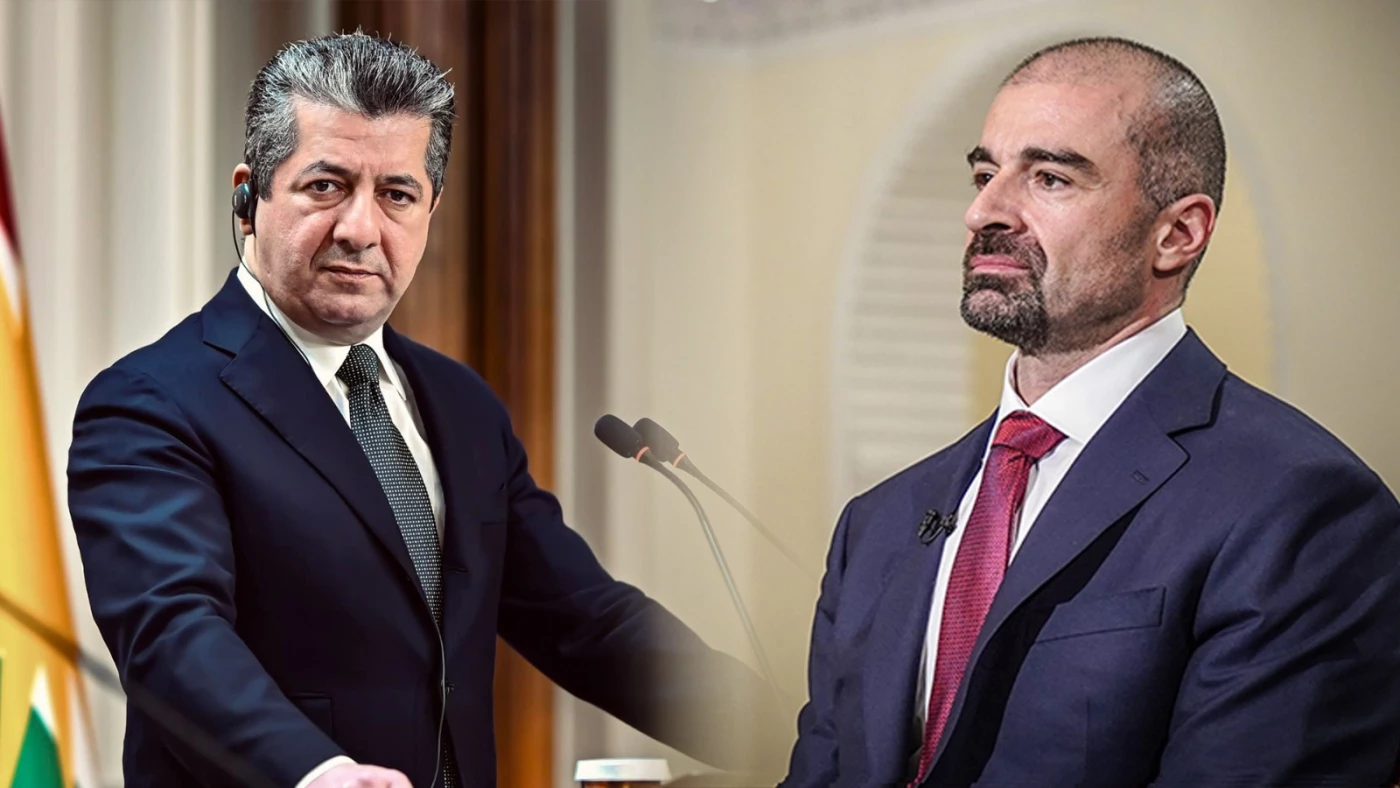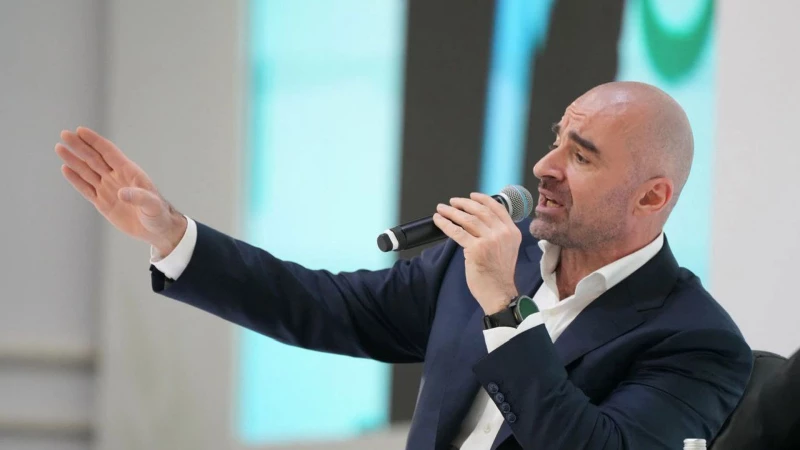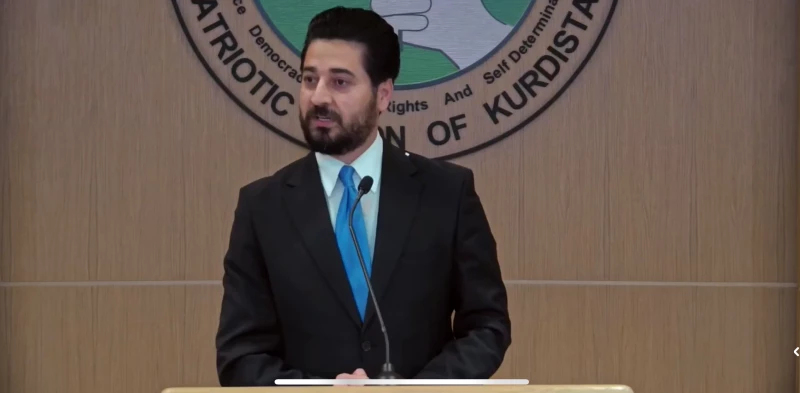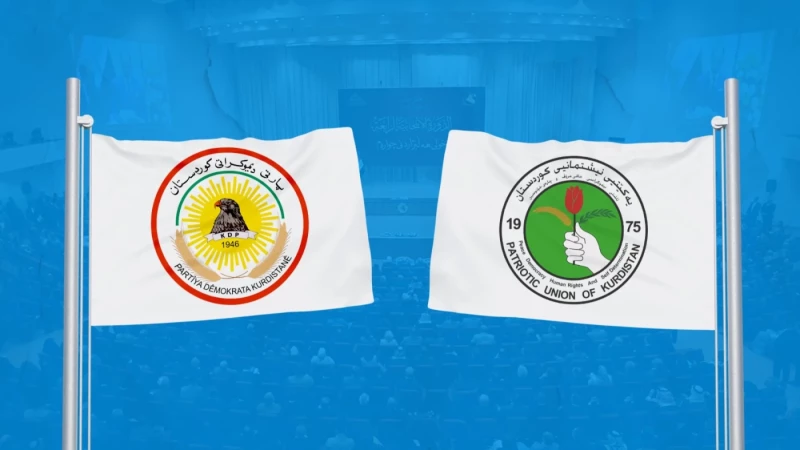ERBIL, Kurdistan Region of Iraq - Kurdistan Region Prime Minister Masrour Barzani and leader of the Patriotic Union of Kurdistan (PUK) Bafel Talabani held a “constructive” meeting in Erbil on Wednesday to speed up the formation of the tenth cabinet, a senior member of the Kurdistan Democratic Party (KDP) revealed on Thursday.
“The meeting went “smoothly and had a frank & constructive discussions and took place on one-on-one basis which was in line with the negotiation process between KDP-PUK,” Hoshyar Zebari, KDP politburo member said in a post on X.
Zebari added the meeting between PM Barzani and Talabani was to form the new cabinet as soon as possible.
Wednesday’s meeting between PM Barzani, who is also deputy president of the KDP, and PUK leader Talabani is the first top meeting held at the highest level between the two sides since cabinet formation talks kickstarted between them in late November.
Since the start of the new year, the KDP and PUK technical committees have held several rounds of talks. They eventually last week drafted the basis for an agreement for the formation of the cabinet.
After a two-year delay, and months of wrangling, the Kurdistan Region held its parliamentary elections on October 20.
The KDP and the PUK emerged as the first and second largest parties from the October polls, gaining 39 and 23 seats respectively.
The two parties appear poised to form the government, as most of the other parties have already declared their opposition.
The KDP and the PUK, administratively run the Erbil, Duhok, and Sulaimani provinces, respectively, with their delegations repeatedly describing their meetings as “positive”.
The KDP and PUK could realistically form the next cabinet without the inclusion of any other parties as they make up more than half of the legislature. Combined with the five minority quota seats, the winners of which are already believed to be affiliated with either of the two parties, the KDP and the PUK would have 67 lawmakers on their side, allowing them to pass or deny any legislation in the parliament with a two-thirds majority.
The Kurdistan Region’s newly-elected members of parliament were sworn in early December, officially commencing their legislative duties. By law, the lawmakers were supposed to elect a speaker during the first session, but the vote was not carried out due to failure to reach the legal quorum.
Both parties, and the New Generation Movement, have submitted candidates for the post of parliament speaker, but a session to vote on the position has yet to be announced.



 Facebook
Facebook
 LinkedIn
LinkedIn
 Telegram
Telegram
 X
X


